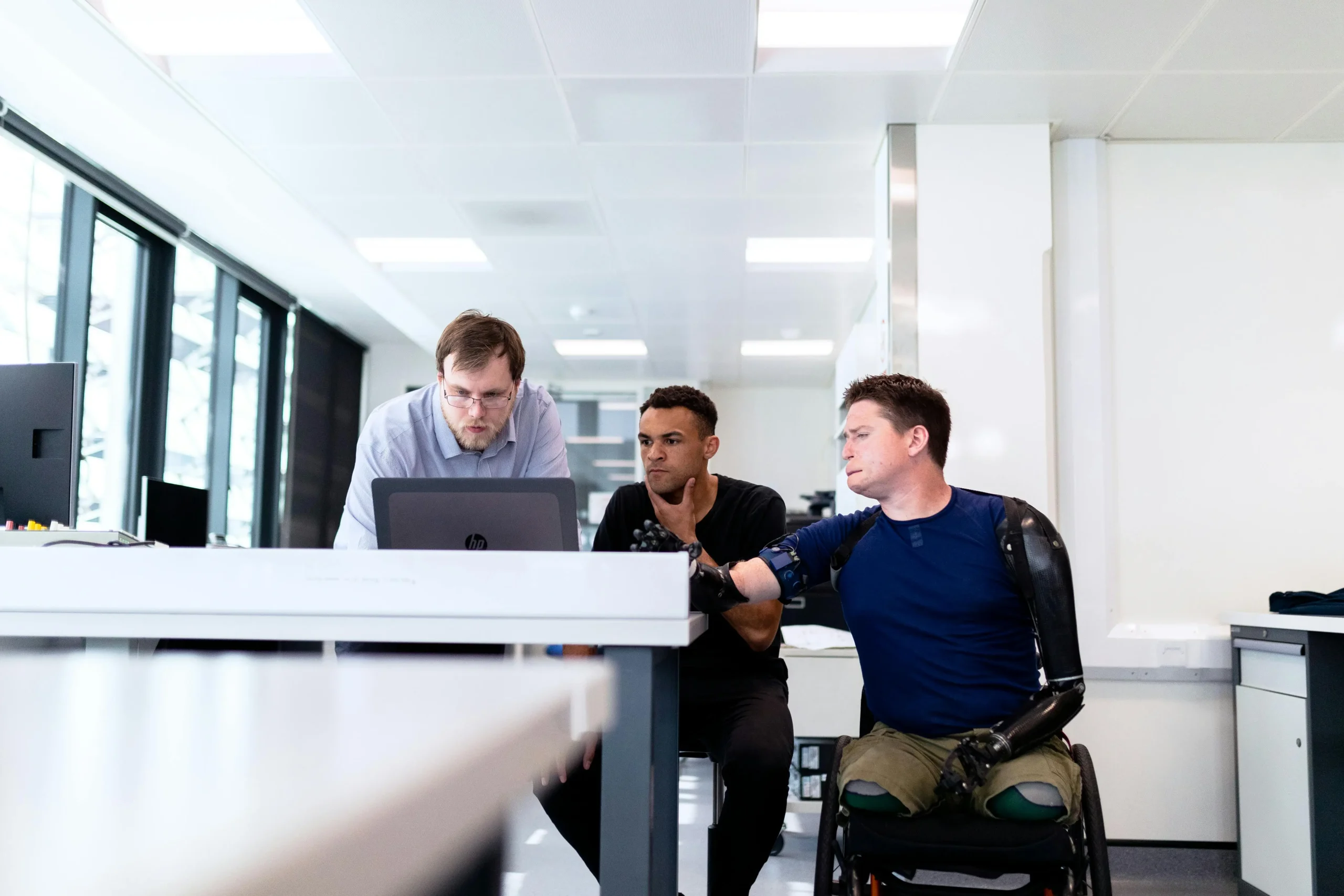Mentorship is a powerful tool that can significantly impact the careers of disabled professionals. In a rapidly changing job market, where inclusivity and diversity are increasingly prioritized, mentorship offers guidance, support, and opportunities tailored to the unique challenges faced by individuals with disabilities. This blog explores the essential role mentorship plays in advancing the careers of disabled professionals, the benefits it offers, and how organizations can foster effective mentorship programs.
Understanding Mentorship
Mentorship is a relationship in which an experienced individual (the mentor) provides guidance, support, and advice to a less experienced person (the mentee). This relationship can take many forms, including one-on-one meetings, group mentoring, or virtual mentoring. Mentorship is particularly valuable for disabled professionals who may encounter specific barriers in their career paths.
Importance of Mentorship for Disabled Professionals
- Navigating Workplace ChallengesDisabled professionals often face unique challenges in the workplace, including accessibility issues, discrimination, and bias. A mentor who understands these challenges can provide valuable insights and strategies for navigating them effectively. For example, they can help mentees develop skills to address accessibility concerns with employers or advocate for reasonable accommodations.
- Building Confidence and SkillsMany disabled individuals struggle with self-doubt and imposter syndrome, particularly in competitive job markets. A mentor can help build confidence by providing encouragement and constructive feedback. Additionally, mentors can share their own experiences and offer advice on skill development, networking, and career advancement.
- Expanding Professional NetworksNetworking is a crucial aspect of career development. Mentors can introduce their mentees to professional networks and opportunities that they might not have access to otherwise. These connections can lead to job openings, collaborations, and partnerships that can significantly enhance a disabled professional’s career trajectory.
- Tailored Guidance and SupportEvery disabled professional has a unique set of experiences and challenges. Mentors can offer tailored guidance that takes into account the specific needs and goals of their mentees. This personalized approach ensures that the advice given is relevant and actionable, making it easier for mentees to implement.
- Encouraging ResilienceThe journey of a disabled professional can be fraught with setbacks and challenges. A mentor can play a crucial role in helping mentees develop resilience by sharing their own stories of overcoming obstacles. This not only provides hope but also practical strategies for dealing with adversity in the workplace.
Creating Effective Mentorship Programs
For organizations looking to support disabled professionals through mentorship, it’s essential to create structured and inclusive programs. Here are some key considerations for establishing effective mentorship initiatives:
1. Identify and Recruit Mentors
Organizations should actively seek out mentors who are not only experienced but also committed to diversity and inclusion. Potential mentors could be individuals within the organization or from the broader community. It’s important to provide training to mentors on disability awareness and inclusion practices.
2. Set Clear Goals and Expectations
Both mentors and mentees should have a clear understanding of their roles and the goals of the mentorship relationship. Setting specific, measurable objectives can help ensure that both parties are aligned and that the mentorship is productive.
3. Foster Open Communication
Effective communication is key to a successful mentorship relationship. Organizations should encourage regular check-ins and provide platforms for mentors and mentees to share their thoughts and concerns. This open dialogue can lead to a more productive and fulfilling mentorship experience.
4. Provide Resources and Support
Organizations should offer resources to support both mentors and mentees, such as training sessions, workshops, and materials on disability rights and workplace accommodations. Providing access to these resources can enhance the effectiveness of the mentorship relationship.
5. Encourage Feedback and Adaptation
Regularly soliciting feedback from participants can help organizations identify areas for improvement in their mentorship programs. By being open to adaptation, organizations can ensure that their initiatives remain relevant and effective.
Conclusion
Mentorship plays a vital role in advancing the careers of disabled professionals. By providing guidance, support, and valuable connections, mentors can help mentees navigate the challenges they face in the workplace. Organizations that prioritize mentorship programs can foster a more inclusive environment, empowering disabled individuals to thrive in their careers. As we move toward a more equitable workforce, the importance of mentorship cannot be overstated—it is a powerful tool for change, growth, and opportunity.
Internal Links for Further Reading
- How Employers Can Support Disabled Workers
- Building Confidence as a Disabled Job Seeker
- Find Jobs for People with Disabilities
External Links for Additional Resources
- National Mentoring Partnership
- Job Accommodation Network (JAN)
- Disability Rights Education and Defense Fund (DREDF)
By leveraging the power of mentorship, we can create a more inclusive workforce where disabled professionals can achieve their fullest potential.













